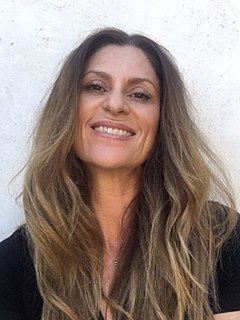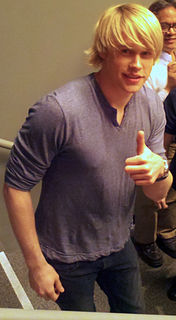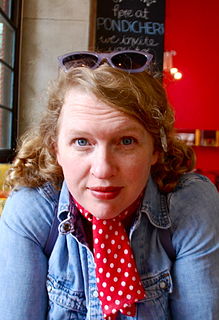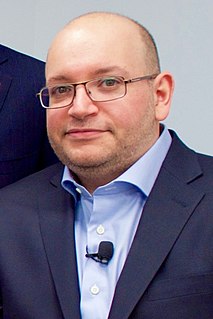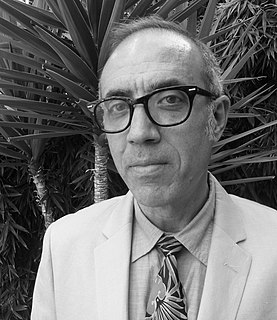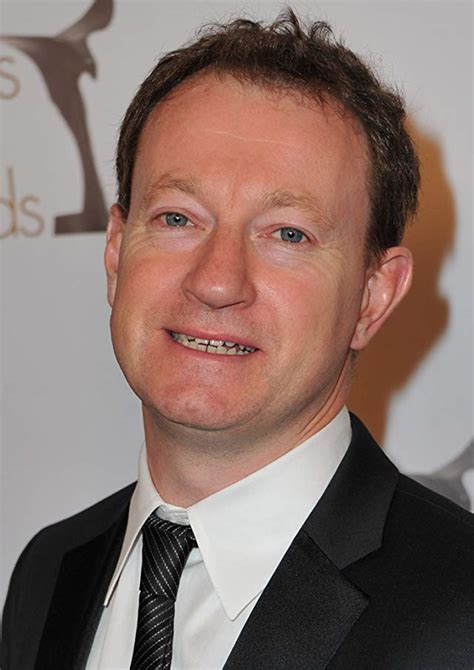A Quote by Niki Caro
I've had my best experience as a filmmaker with true stories about real people and real cultures.
Related Quotes
I have a theory that the best ads come from personal experience. Some of the good ones I have done have really come out of the real experience of my life, and somehow this has come over as true and valid and persuasive. People love to read stories. They like to know you as a real person who has your struggle, pain, success and failure, etc. One well-known example is Jared Fogle's weight loss story which made millions of dollars for Subway. Start to collect your stories from today and use them in your ad campaigns.
We're looking for stories that speak to us. We're looking for stories that connect us with something true. But, instead, a lot of the time we get strippers. All I'm saying is, when boys are writing the stories, the percentage of strippers is bound to go up. And real stories about real women kinda don't get written at all.
For me, the best journalism is usually the best storytelling, and the best stories are those of real people. Sometimes those real people are people in positions of great prominence or power or adverse situations, and sometimes it's just normal folks who help illuminate a situation, a place, a culture. And for me, that's always been the best way of telling a story.
Reality became for me a problem after my experience with LSD. Before, I had believed there was only one reality, the reality of everyday life. Just one true reality and the rest was imagination and was not real. But under the influence of LSD, I entered into realities which were as real and even more real than the one of everyday. And I thought about the nature of reality and I got some deeper insights.
It's like fiction - the fact that somebody's telling you a story about people who didn't exist doesn't make the experience of the story any less real in your heart and mind. You go through heavy emotional responses to these stories, and wrestling is a similar thing - but it's happening in real space.
When we come back to fantasy, I think we're actually coming back to the real bedrock of storytelling. Our national or international genre really is fantasy, if you think about the worldwide myths and legends and stories that we all know, whether we're talking about Little Red Riding Hood or the Arabian Nights or Noah's Ark or Hercules. These are stories that cross many cultures in much the same way that dragons cross many cultures.
The dozens of people working on this at Digital Domain, they knew that you couldn't get away with almost photo real, because we had real real in the room. You have real real in the cut every four or five shots, so you have this constant yardstick built into the footage by virtue of there being no real robot there. So it became the standard of photo reality that the VFX team had to match.
Wondering whether Christianity is real is not the same as wondering whether Christianity is true. If you question the truth of Christianity, you can do something tangible about it. You can read books, take a class, or talk to someone about it. But what can you do when you're already convinced it's true but don't experience it as real?
